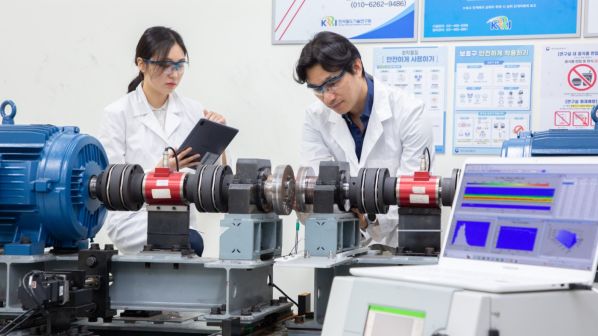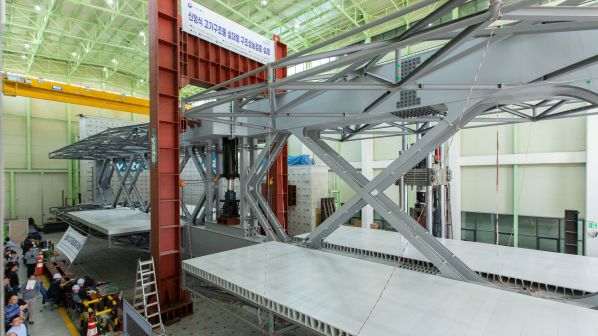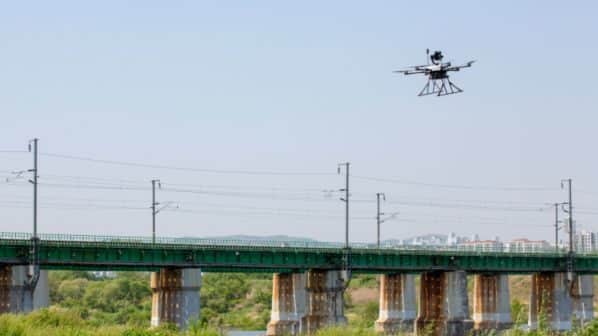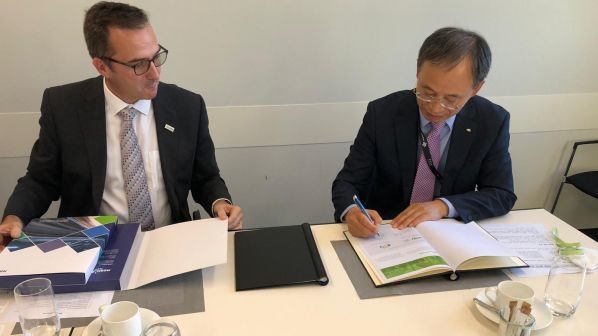THE Korea Railroad Research Institute (KRRI) has developed a new way to reduce the amount of ultrafine metal dust particles caused by contact between train wheels and rail, the main cause of fine dust in Korean metro systems.
Ultrafine dust particles have a diameter of less than 100nm and are known to penetrate deep into the respiratory system, including the lungs, and can have a significant impact on health.
Ultrafine dust is a major issue in Korea, with increasing attention given to air pollution levels indoors and outdoors. Screens in some Seoul Metro stations display fine dust levels, and in February the government announced that by 2027 it would reduce the amount of ultrafine dust particles by 17%.
KRRI says that the main culprit for the creation of fine dust in metro tunnels is the production of abrasive particles that result from the constant friction caused by train wheels travelling along the rails.
KRRI has been carrying out research using wheel-rail contact simulation. This has involved spraying water on the contact surface between the wheel and the rail, and removing steam to reduce frictional force and frictional heat, which are the main causes of abrasive particles.
As a result, the amount of fine dust particles generated was reduced by approximately 75% and 64% at speeds of 45km/h and 80km/h, respectively, compared with during dry conditions. As the water used in the experiment contains minerals with particle sizes of less than 100nm, it is expected that the actual reduction in ultrafine abrasive particles will be even greater.
Up until now, similar studies have focused on the removal of fine dust, while research on reducing the actual generation of particles is still in its early stages worldwide. The current research project is slated to continue until the end of 2024.
“This is a leading research effort to improve the metro environment," says KRRI president, Mr Han Seok-yoon. “We will make further efforts to develop high-quality Korean railway technologies that increase the quality of life for citizens, allowing them to use public transport daily with peace of mind and in a more comfortable environment.”




